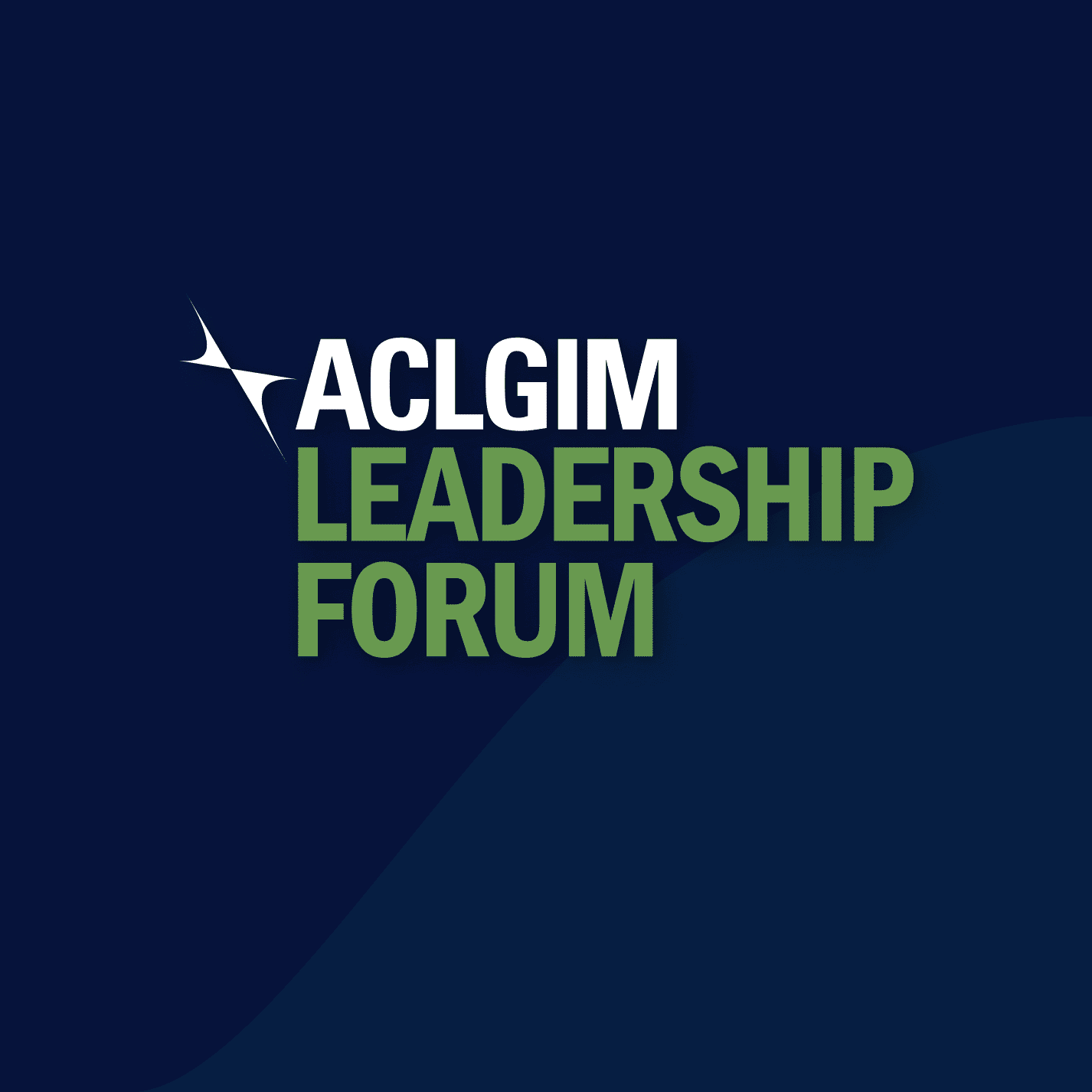No one would argue that 2020 was a difficult year. The COVID-19 pandemic brought forth unprecedented global morbidity and mortality, resource scarcities, devastating economic tragedies, and unparalleled social isolation. In the meantime, in the United States, we experienced extreme political turmoil and remarkable racial unrest. Combined, these and other stressors resulted in record high rates of anxiety, depression, and other mental anguish, amongst even the most resilient Americans. Within the COVID-19 pandemic medical response, the majority of 2020 was spent in intense mitigation efforts. First, there was an explosive attempt at sufficient diagnostic testing of the masses; then, the burden to match resources (such as PPE) to the ever-growing need; and, ensuring healthcare facilities, equipment, and supply chain could meet the demand of the disease. Most healthcare facilities and leaders continuously felt underprepared and overwhelmed with the ever-changing operational demands of the pandemic response as well as the corresponding moral distress of never quite getting it right.
We are now in the enviable position of getting ahead of this pandemic and changing the trajectory of our collective futures with the advent of several safe and effective COVID-19 vaccines. However, we are once again in unchartered territory as we face the challenge of a global vaccine mission. Although we are only a few weeks into vaccine deployments, the following is a list of some emerging early leadership lessons; if executed well, we will markedly enhance our ability to succeed in this endeavor:
- Transparency: It is essential that leaders are transparent about the rationale and operational details of which groups are receiving the vaccine and when. Accompanying data on how much vaccine has been administered and ongoing communication about the phases of the rollout are essential. This will maintain a sense of justice and fairness, in a country with ongoing and repeated evidence of health and social injustices and inequities.
- Trust: It is also essential that there is access to plain-language information about the safety and efficacy of the vaccines, including subgroup analyses of those predominantly affected by the virus (e.g. elderly and minorities). In particular, leaders have to overcome the understandable distrust of the vaccines from minority communities, who have historically been the recipients of care inequities, the extent of which is difficult to concisely describe. The “double travesty” is that while minority groups are most likely to acquire and suffer poor outcomes from COVID-19, they are also more likely to view the vaccine with suspicion and wariness. To overcome the pandemic, it is essential that leaders gain the trust of these groups of patients, to sufficiently vaccinate the most vulnerable populations.
- Over Communication: From a leadership perspective, there is no such thing as over communicating. The old adage of communicating “7 times and 7 ways” rings truer in times of distress when messaging needs to be heard in a variety of ways and over time in order to be consumed in a meaningful way. Leaders routinely overestimate their communication effectiveness, when we should always assume it is never enough.
- Simplicity: In times of distress, messaging and instructions have to be simple to follow. When we ask people to do something, it needs to be no more than a few steps, and preferably based on something else familiar to them. Our teams have endured so much change, it is essential that we make any asks for action or change easy to understand and follow.
- Kindness: And last but not least, leaders have to dig deep and express kindness and compassion for those they are leading, at all times and under all circumstances. Leaders have endured tremendous stress and isolation during this pandemic, and for some it must feel like they have given all they have to give. Leaders are often the recipients of misdirected anger and frustration, which can be very draining. But now is the time to seek understanding and compassion, and express kindness and gratitude in all interactions.
In summary, the COVID-19 pandemic has required more intense and prolonged medical leadership than at any other time in recent history. As leaders, the vaccine rollout will undoubtedly change the trajectory of this pandemic, if done well. Our leadership moment is calling—we all need to rise to meet this next new challenge and change the trajectory of our collective futures.
Issue
Topic
ACLGIM, COVID-19, Health Equity, Leadership, Administration, & Career Planning, Medical Education, Wellness
Author Descriptions
Dr. Scheurer (scheured@musc.edu) is a hospitalist and chief quality officer at the Medical University of South Carolina (MUSC) Health System in Charleston, SC. She has served as the executive lead for COVID-19 diagnostic testing and vaccination efforts for the health system.
Share
From the LEAD Faculty: Leadership—Adapting to the Times
Leadership for physicians has never been easy, even in normal times, but…
Perspectives of a Leadership in Health Policy Career Development Program (LEAHP) Participant
Leadership development, collaboration, and health policy—these are the top three benefits of…


